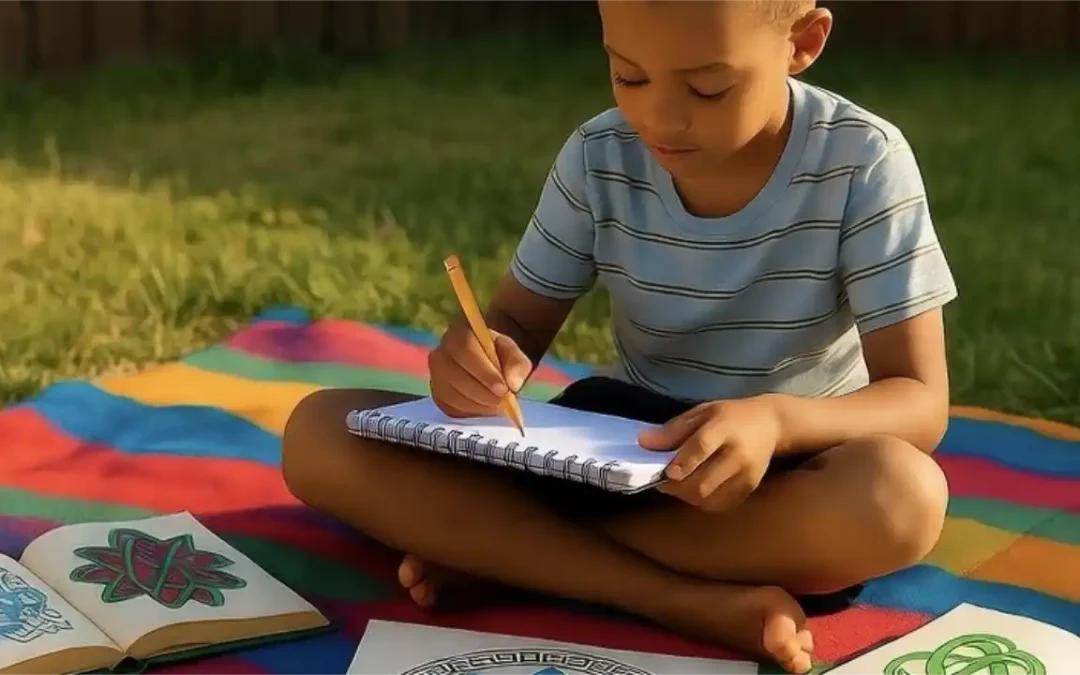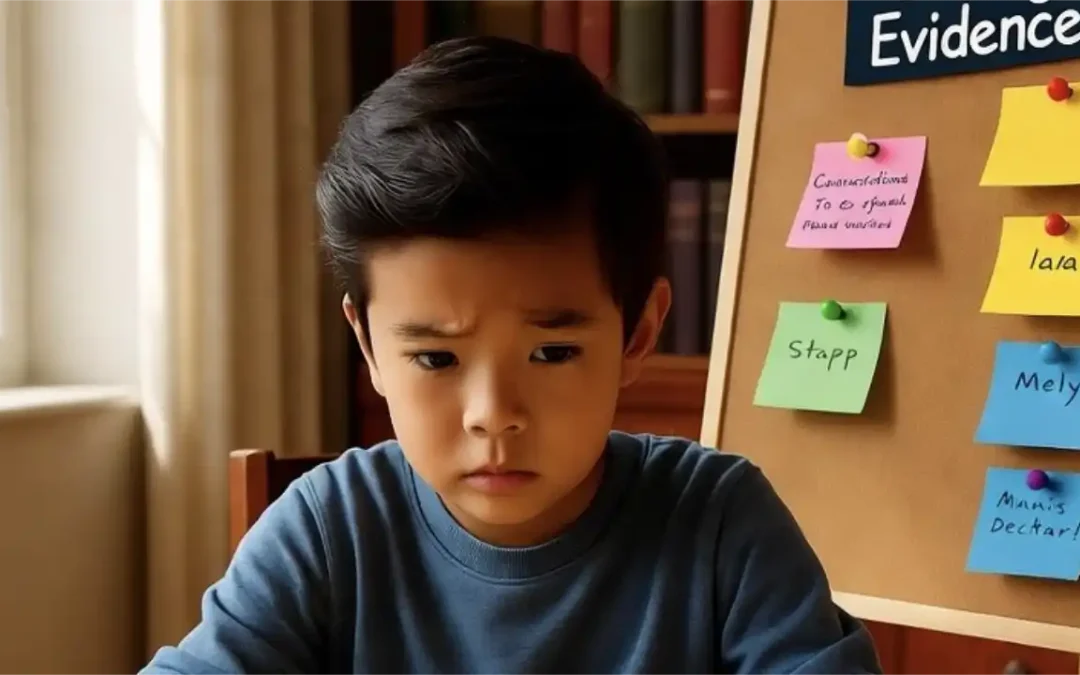
Encouraging Open-Mindedness: Explore Diverse Logic Across Views
M
uch of the world’s logic is local—shaped by history, environment, and culture. What feels “natural” in one place may seem puzzling in another, yet each holds its own internal sense. Helping children explore these differences builds intellectual flexibility and curiosity. Like Renaissance thinkers who drew from Arabic mathematics or Chinese invention, your child can learn to see the world through more than one lens, expanding their grasp of both people and ideas.
When my daughter watched a video of a Japanese tea ceremony, she asked, “Why do they do it so slowly?” Instead of explaining, we explored what the ritual might express: patience, harmony, respect. As she pieced it together, her confusion shifted to fascination. She later chose to study other cultural practices and presented her insights in a class project with care and confidence. That moment trained her not just to notice difference, but to seek meaning in it.
Invite your child to look closely at a cultural practice that feels unfamiliar—a greeting ritual, a saying, or a holiday tradition. Ask what values it reflects or what purpose it serves. Help them compare it to something in their own life, and ask whether it would make sense in another setting. Sketch it, act it out, or build a symbol from it. These playful explorations lay the groundwork for cross-cultural thinking, growing a mind that sees beyond the familiar with insight and respect.
Encouraging Open-Mindedness

Encouraging Open-Mindedness: Engage with Differing Viewpoints
Listening to contrasting perspectives strengthens empathy and reasoning. Create calm space at home for exploration of ideas and respectful dialogue.

Encouraging Open-Mindedness: Evaluate Ideas by Their Merit
Teach children to judge ideas based on evidence and clarity—not popularity. Support independent thinking, fairness, and thoughtful decision-making.
Table of contents

Primordial Soup for the Mind: Navigation
Navigate the book Primordial Soup for the Mind.
TIPS
- Show how different cultures solve similar problems in unique ways.
- Introduce logic puzzles from outside your own tradition.
- Ask, “Would this make sense in another part of the world?”
ACTIVITIES
- Logic Loop: Try a Confucian riddle or African pattern puzzle — 15 min
- Moral Mirror: Compare two cultural sayings about fairness — 10 min
- Debate Switch: Debate a topic, then switch to argue it from another worldview — 20 min
EXAMPLE
My son said, “That makes no sense!” Then we studied Buddhist logic. Now he asks before dismissing.

Download “Primordial Soup for the Mind: A Parent’s Guide to Nurturing Intellectual Growth”
Enter your information to get this article and hundreds more as part of the FREE book Primordial Soup for the Mind.
Share your thoughts with the Thought Academy community in the Comments section below.

Sharpen those skills!
Enter your information to get our FREE practice exercises so you can hone your critical thinking and reasoning skills!







0 Comments